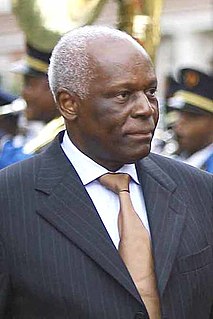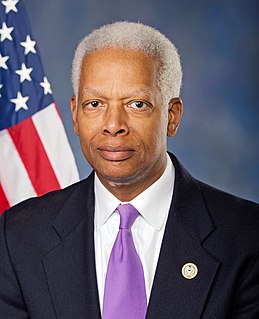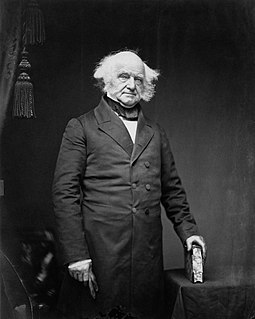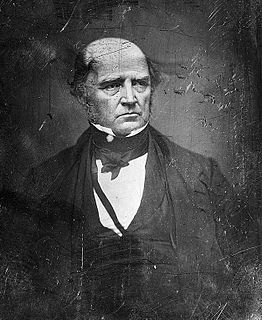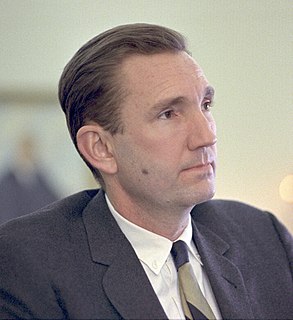A Quote by Jose Eduardo dos Santos
The current constitutional law places the president of the republic in an embarrassing situation.
Related Quotes
The idea that the president doesn't interfere in law-enforcement investigative matters is one of our deep normative expectations of the modern presidency. But it is not a matter of law. Legally, if the president of the United States wants to direct the specific conduct of investigations, that is his constitutional prerogative.
We're talking about a militant terrorist situation, which I believe it isn't a widespread thing, but it is enough that we need to address, and we have been addressing it. My thoughts are these, first of all, Dearborn, Michigan, and Frankford, Texas are on American soil, and under constitutional law. Not Sharia law. And I don't know how that happened in the United States. It seems to me there is something fundamentally wrong with allowing a foreign system of law to even take hold in any municipality or government situation in our United States.
And that law of the land which is constitutional, supporting that principle of freedom in maintaining rights and privileges, belongs to all mankind, and is justifiable before me. Therefore, I, the Lord, justify you, and your brethren of my church, in befriending that law which is the constitutional law of the land.
The president does not have power under the Constitution to unilaterally authorize a military attack in a situation that does not involve stopping an actual or imminent threat to the nation. As commander in chief, the president does have a duty to protect and defend the United States. In instances of self-defense, the president would be within his constitutional authority to act before advising Congress or seeking its consent.
Impeachment is the direct constitutional means for removing a President, Vice President or other civil officers of the United States who has acted or threatened acts that are serious offenses against the Constitution, its system of government, or the rule of law, or that are conventional crimes of such a serious nature that they would injure the Presidency if there was no removal.
